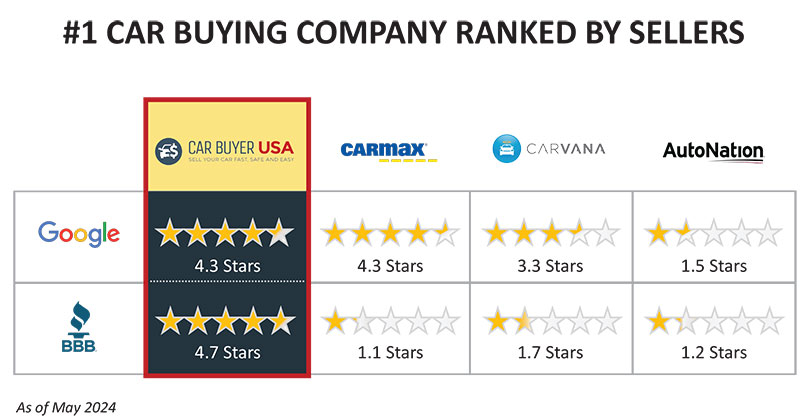
In January 2025, Connecticut Attorney General William Tong announced a $1.5 million agreement with online used car retailer Carvana following a thorough investigation into the company’s business operations. This resolution stems from numerous consumer complaints dating back to 2019, which detailed issues such as significant delays in title and registration processing, postponed payments to sellers, and misleading statements about vehicle conditions and features.
The inquiry, which began in January 2022, was launched after hundreds of complaints were filed with the Attorney General’s Office, the Department of Consumer Protection, and the Better Business Bureau. A recurring concern among customers was the extended time between purchasing a vehicle and receiving the necessary registration documents. Carvana had assured buyers that it would handle the title and registration process, but many customers faced months-long delays. To address these issues, the settlement includes a $1 million restitution fund designated for Connecticut consumers who purchased a used vehicle from Carvana after January 1, 2019. Individuals who incurred fines, penalties, or other out-of-pocket expenses due to delayed title and registration transfers, delayed loan payoffs, or inaccurate descriptions of vehicle conditions may be eligible for compensation. Affected consumers are encouraged to submit claims in writing to Carvana at connecticutrestitution@carvana.com.
Beyond the restitution fund, Carvana has agreed to pay a $500,000 penalty to the state. However, half of this penalty—$250,000—will be suspended if the company adheres to all terms outlined in the agreement. The settlement requires Carvana to comply with Connecticut regulations, including a mandate that prohibits selling vehicles in the state without providing buyers with valid title and registration documents at the time of purchase. Additionally, Carvana must enhance its customer service processes, including assigning a direct point of contact to address Connecticut consumer complaints efficiently.
Attorney General Tong highlighted the significance of this resolution, stating that Carvana expanded too rapidly and was unable to manage its growth effectively, particularly during the disruptions caused by the pandemic. He emphasized that the company made promises it could not fulfill, leaving customers to deal with the consequences. The settlement not only provides financial relief for affected consumers but also ensures that Carvana abides by state laws moving forward. Connecticut officials will closely monitor the company’s compliance to guarantee fair treatment of residents. Department of Consumer Protection Commissioner Bryan Cafferelli reinforced the principle that consumers should receive what they pay for, regardless of circumstances. He acknowledged the operational difficulties businesses faced during the pandemic but maintained that this does not absolve companies of their responsibilities. Cafferelli expressed confidence that Carvana’s commitment to addressing past issues represents a step toward improved business practices, and he commended the Attorney General’s Office for its dedication to consumer protection.
Carvana, headquartered in Tempe, Arizona, has encountered similar legal challenges in multiple states, including Illinois, Maryland, and Pennsylvania. In these states, customers reported issues related to delayed title and registration transfers, which, in some cases, resulted in restrictions on Carvana’s ability to conduct business. In response to the Connecticut settlement, a Carvana spokesperson reiterated the company’s commitment to customer satisfaction, stating that they have always prioritized delivering the best possible experience. The spokesperson acknowledged past shortcomings, including delays caused by pandemic-related disruptions, and emphasized that Carvana remains dedicated to addressing historical concerns for Connecticut customers.
This settlement serves as a reminder of the importance of consumer protection and the necessity for companies to fulfill their commitments. By holding businesses accountable, regulators help ensure that customers receive the services and products they were promised, reinforcing trust and integrity in the marketplace.


